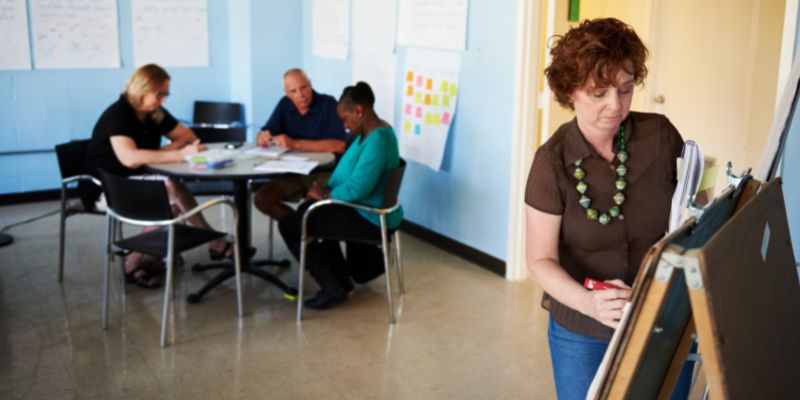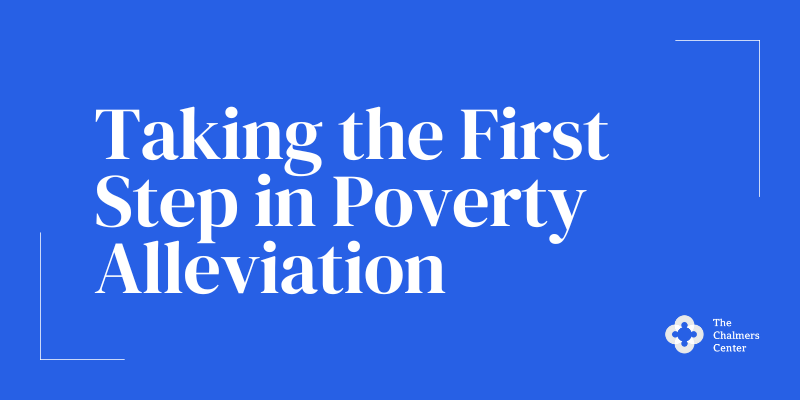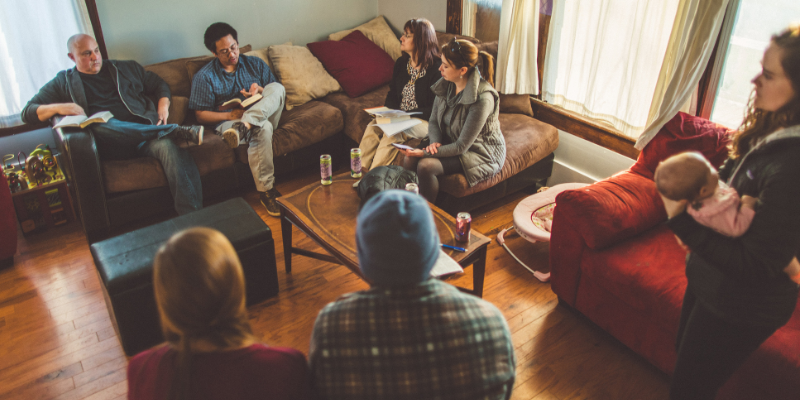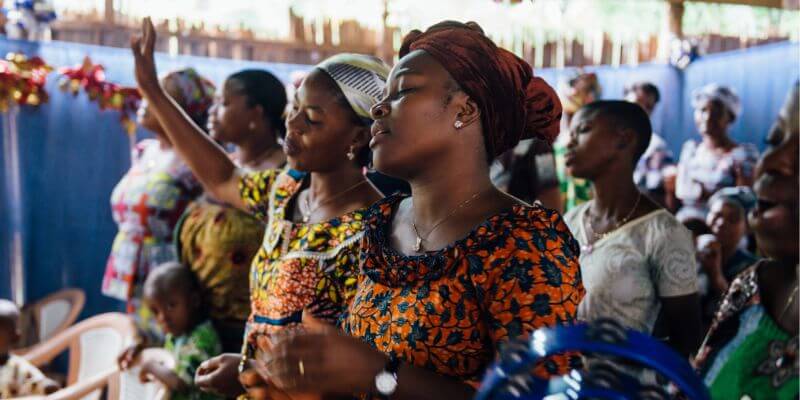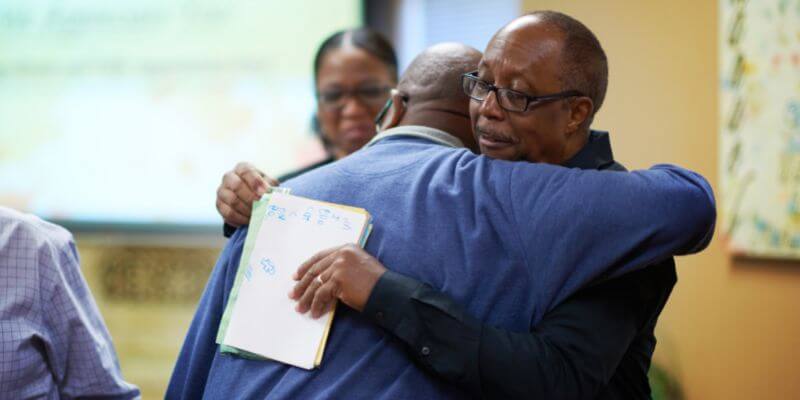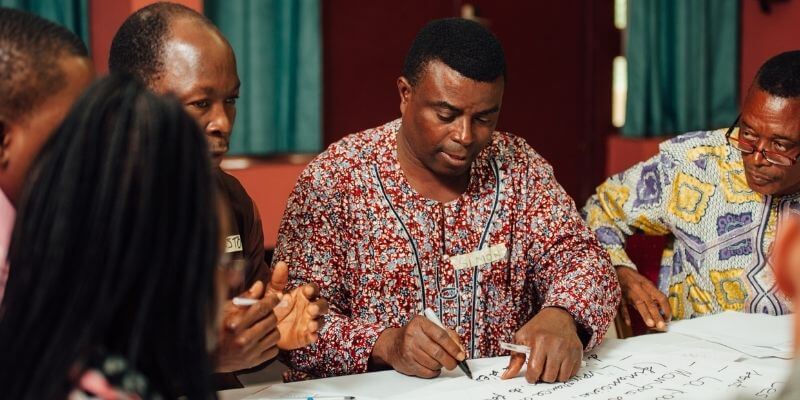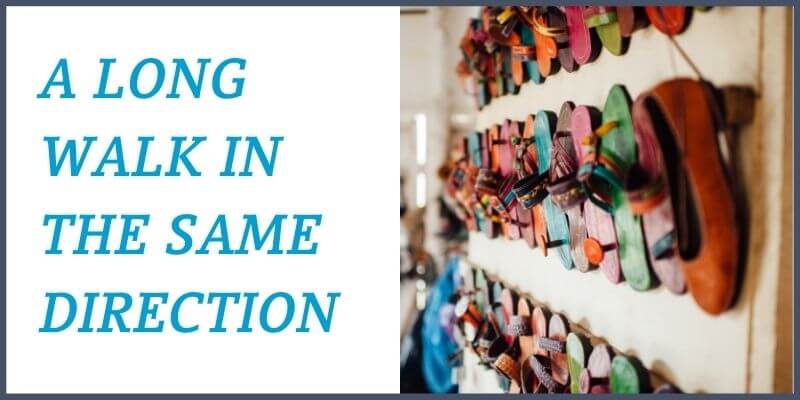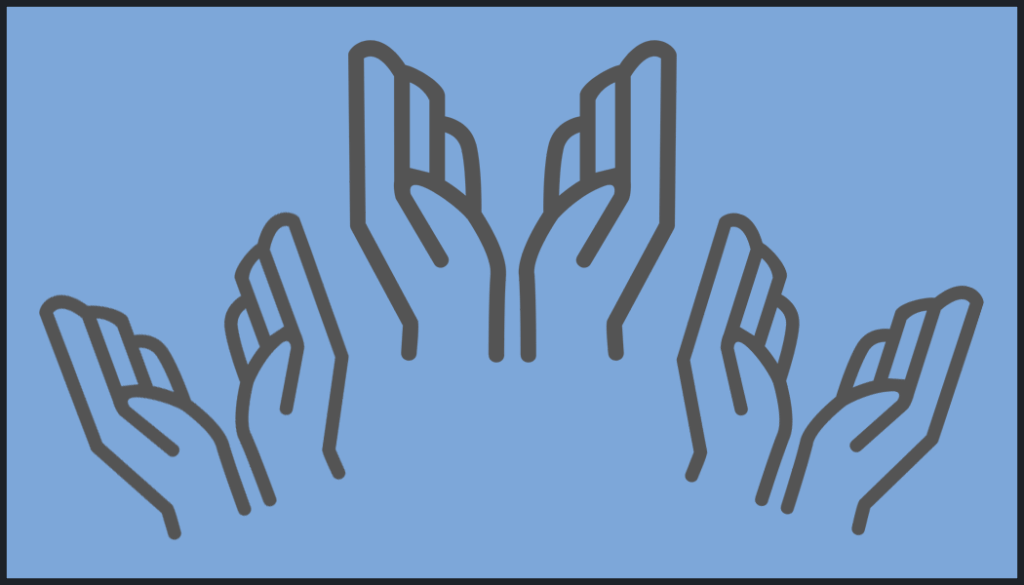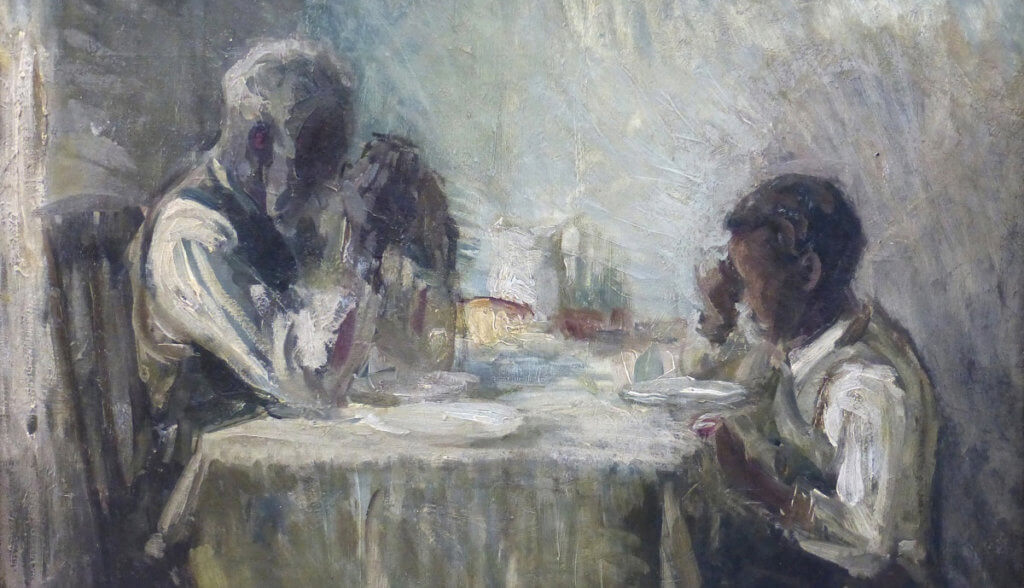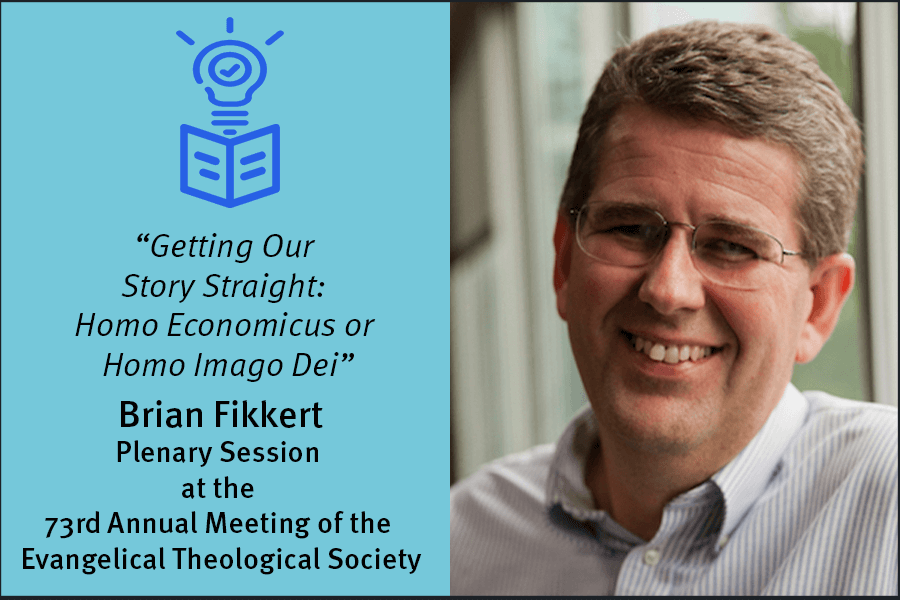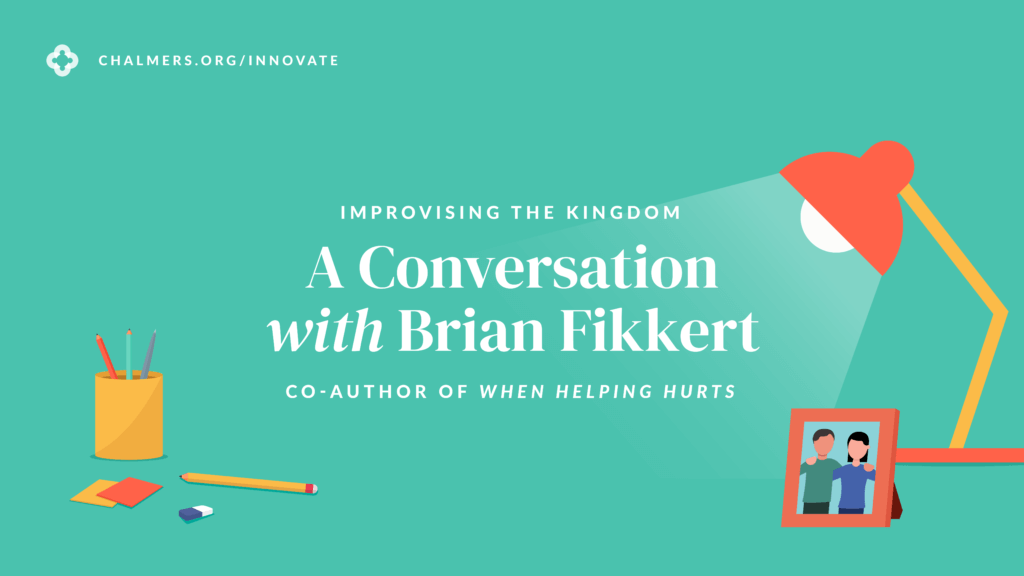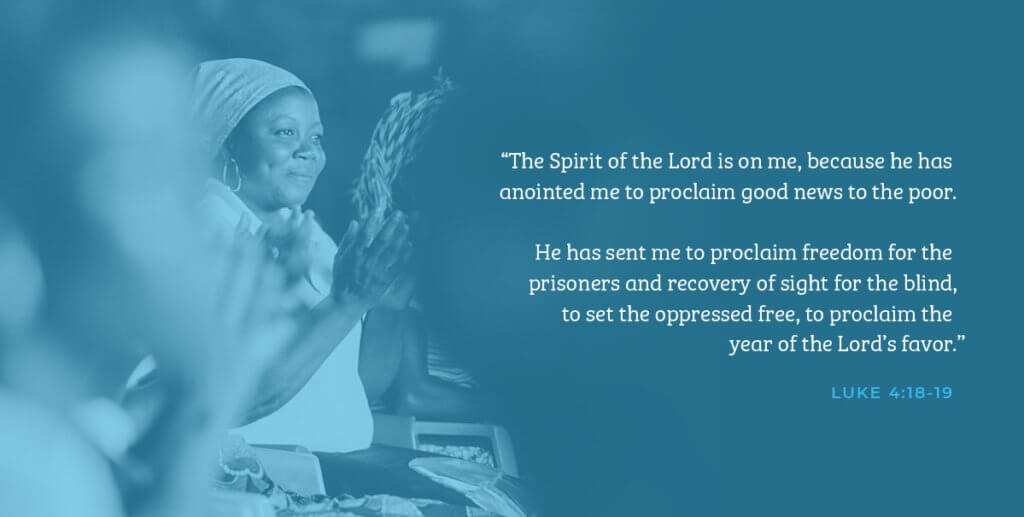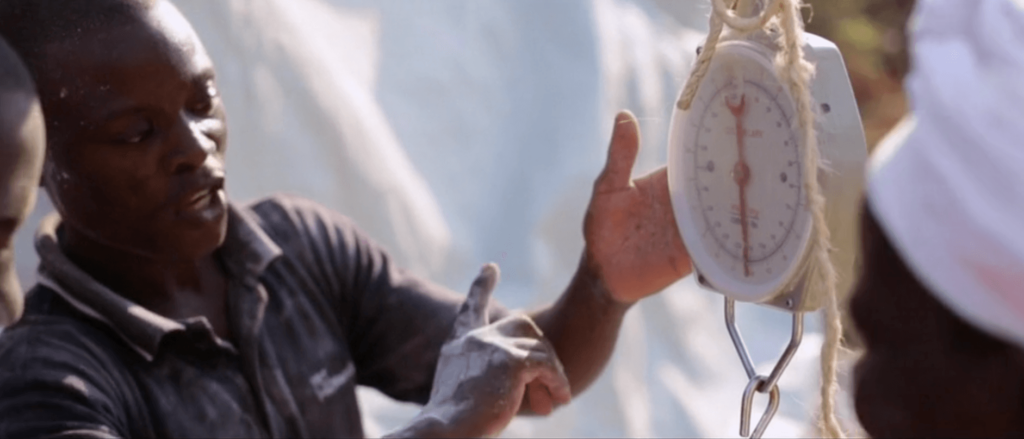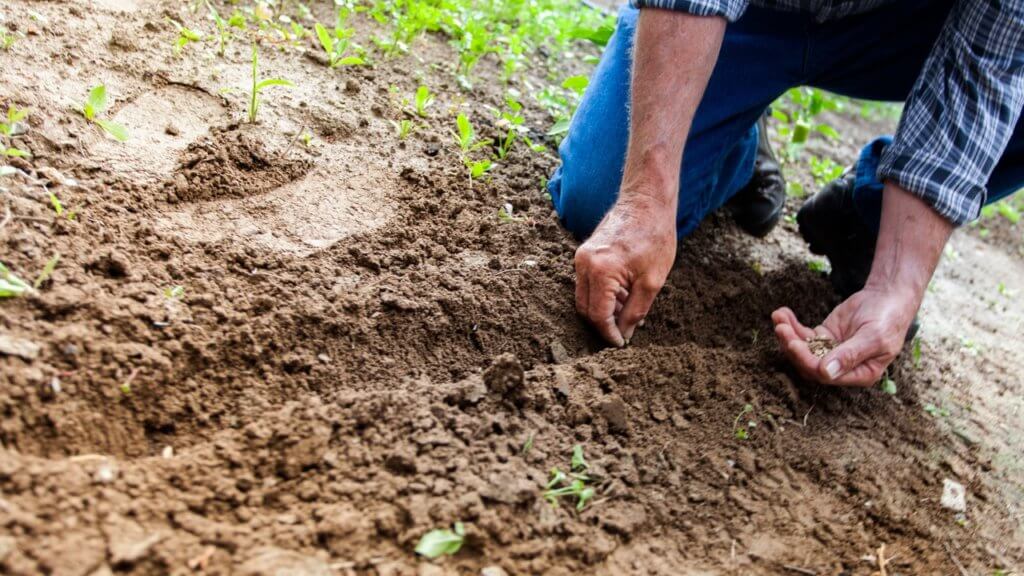Search
Categories
Tags
Posts in “Theology of Poverty Alleviation”
Economics in Jesus’ Kingdom
God is bringing a kingdom far more real than any earthly power or authority we experience today. That kingdom calls Christians to embrace a whole life of economic discipleship by which we learn to live as economic citizens of God’s kingdom.
What Story Is Your Ministry Telling?
Unfortunately, several common but misguided stories of change are shaping our lives, including our approaches to poverty alleviation. Our poverty alleviation efforts often do harm because we have unknowingly and unconsciously—yet deeply and destructively—absorbed misguided stories of change from our culture.
Taking the First Step in Poverty Alleviation
As followers of Jesus, when we see material poverty in the world around us, our first instinct is often to do something about it. But where should we start? What’s the first step in poverty alleviation?
Faithful Presence: Why “Hanging Out” Is Vital to Long-Term Development
Adapted from When Helping Hurts, 75-79. Defining poverty alleviation as the reconciliation of people’s four key relationships with God, self, others, and creation shapes the methods our churches or ministries should use to achieve that goal, with major implications for how we choose, design, implement, and evaluate our efforts. Because every one of us is…
The Five Causes of Poverty—Part 5: Demonic Forces
Adapted from Becoming Whole, 181-182; A Field Guide to Becoming Whole, 135-39. Throughout this series on the five causes of poverty, the underlying connection between them all is the Fall. Because sin entered the world, our stories and practices are twisted by its effects, and both individuals and groups are broken and can do evil….
The Five Causes of Poverty—Part 4: Broken Systems
Adapted from A Field Guide to Becoming Whole, 119-124. In this series, our most recent post focused on addressing individual brokenness—the factors within a person, including personal choices and beliefs, that can contribute to material poverty. But as we’ve been saying throughout the series, there are both internal and external causes of relational and material…
The Five Causes of Poverty—Part 3: Individual Brokenness
Adapted from A Field Guide to Becoming Whole, 125-134. We’ve been exploring the five causes of poverty in this series of posts, and it’s important to remember that any one of us can be impacted by all five causes—false stories, destructive practices, individual brokenness, systemic brokenness, and demonic forces. These factors are so intertwined it’s…
The Five Causes of Poverty—Part 2: Practices
Last week we talked about how God’s story of change focuses on restoring us to our role as priests and rulers. Living faithfully as the royal priesthood and holy nation means that we call on King Jesus to overcome all the effects of the Fall, including all five causes of poverty. Today we’ll look at…
A Long Walk in the Same Direction
Adapted from A Field Guide to Becoming Whole, 107-112. When followers of Jesus describe our relationship with God, we often use the language of a “walk with God” or “Christian walk.” That’s because spiritual growth is not a sudden jolt into greater maturity. Instead, it’s the patient outworking of the Spirit of God in our…
Prayer and Poverty Alleviation—Part 2
Jesus Christ is the only one who can enable true poverty alleviation. Among the many implications of this truth is that we should be praying—a lot!
Prayer and Poverty Alleviation—Part 1
As we go forth to work in Christ’s kingdom, we must recognize that because Jesus is King, His story of change, not the deceptive stories of false gods, is the only one that actually works in His realm.
Audio: Brian Fikkert Plenary Talk at ETS
On November 18, 2021, the Chalmers Center’s Founder and President Brian Fikkert was invited to deliver a plenary address at the 73rd Annual Meeting of the Evangelical Theological Society in Fort Worth, Texas. His talk was recorded and is now made available here.
Watch Now: Improvising the Kingdom
Chalmers’ Founder and President Brian Fikkert and Director of Innovation Tabitha Kapic hosted a conversation on February 16 around how to apply a biblical framework for poverty alleviation to improvise God’s kingdom and foster real change in your community. — Want to learn more? Unleash your church or nonprofit to create a new or…
The Incarnation and Poverty Alleviation
Poverty is complex and multi-faceted. Individual sin, systemic oppression, and even demonic forces can all contribute to poverty. Indeed, the problems are so large that only God can solve them, not a distant God but an incarnate God. The only solution to poverty once lay in a manger.
Why Bother with the Local Church?
Your local church is a place where God dwells with His people in a special way. Is your church welcoming people who are poor back into the dwelling place of God?
Video: Participation *Is* Development
Getting everyone involved in a ministry initiative isn’t just a means to sustainability, but the heart of healthy, transformational development. Researchers and practitioners have found that meaningful inclusion of materially poor people in the selection, design, implementation, and evaluation of any poverty alleviation effort increases the likelihood of its success. Unfortunately, we often pursue approaches…
Overcoming Poverty: Keys to Flourishing
A few years ago, at a restaurant near Dallas, Texas, a young cashier with Down Syndrome told a customer, “I love my job! It’s who I am!” He enjoyed greeting and seating people, balancing the register at the end of his shift, and seeing people smile as they noshed on their signature sandwiches. This simple…
The Church, the Parachurch, and Poverty Alleviation
One way that the church’s responsibility to care for the poor is carried out in complex modern societies is through a wide range of parachurch ministries. While the parachurch should never undertake tasks that are exclusively given to the church, there is much that these ministries can do very effectively to care for the materially poor.
- « Previous
- 1
- 2
- 3
- 4
- Next »


